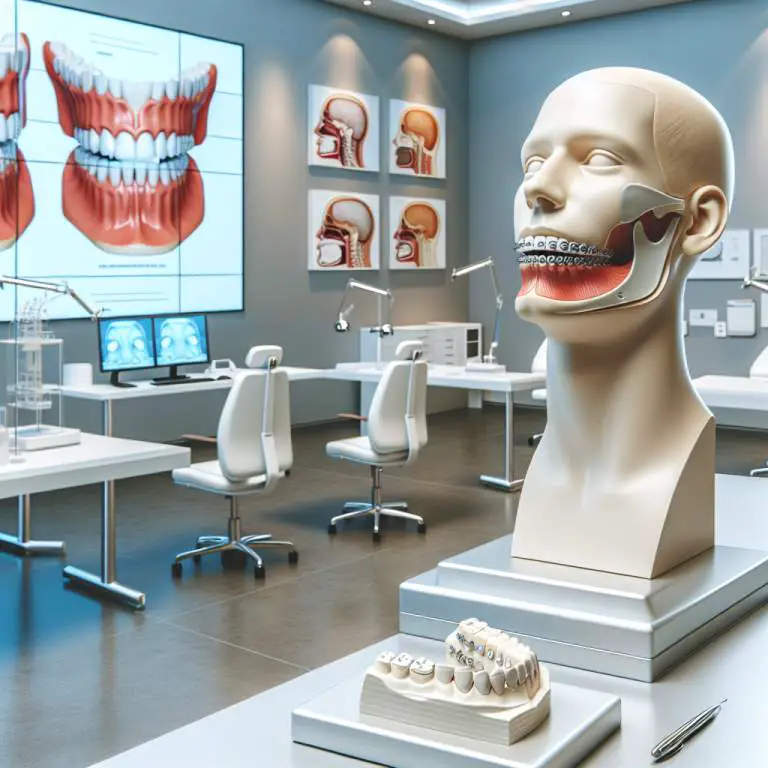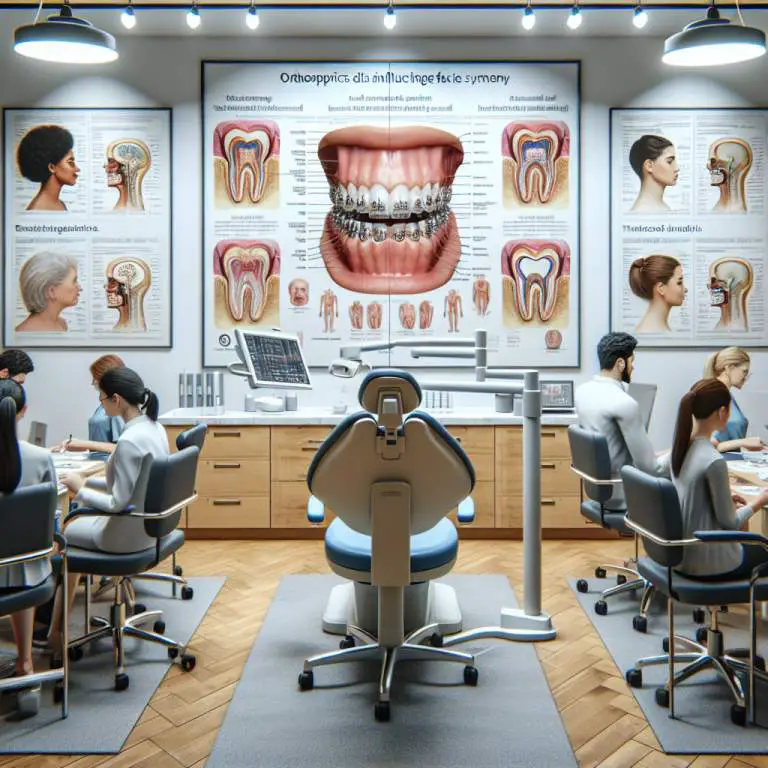What are the psychological benefits of mewing?
Mewing, a technique focusing on proper tongue posture, can boost self-confidence by potentially improving facial structure. This practice may also reduce stress and anxiety as individuals become more mindful of their body posture and breathing. Furthermore, the sense of community and shared experiences with others practicing mewing can enhance feelings of belonging and support.

How Does Mewing Influence Self-Perception and Confidence?
Mewing is a technique that involves positioning your tongue against the roof of your mouth. This action is believed to change the shape of your face over time. People who practice mewing often hope it will make their jawline more defined and their face more attractive.
When someone feels good about how they look, they usually feel more confident. If mewing makes a person’s face look better to them, it might help them feel better about themselves. This boost in self-perception can lead to an increase in confidence, making them more comfortable in social situations.
Can Mewing Improve Social Interactions and Communication Skills?
Confidence plays a big role in how we interact with others. If mewing boosts someone’s confidence by improving their appearance, it could also make them more outgoing. Being confident can help people be less afraid to speak up and share their thoughts, which is important for good communication.
Also, when we feel good about ourselves, we tend to smile more and engage more with people around us. This positive energy can make social interactions smoother and more enjoyable for everyone involved. So, indirectly, mewing might help improve how well we communicate and get along with others.
What Impact Does Mewing Have on Stress and Anxiety Levels?
Stress and anxiety can sometimes come from worries about our appearance or how others see us. If practicing mewing leads to improvements in facial structure that individuals find pleasing, it could reduce these concerns. Feeling better about one’s appearance may lower stress levels because there’s one less thing to worry about.
Beyond physical changes, the act of focusing on something like mewing can also provide a distraction from stressful thoughts or situations. This kind of focus shifts attention away from negative thoughts that fuel anxiety, offering a simple form of relief. Therefore, mewing might have a calming effect for some people by giving them a sense of control over their appearance.
Does Practicing Mewing Contribute to Overall Mental Health?
Mental health is influenced by many factors including our self-esteem, stress levels, and how we interact with others. Since mewing has the potential to positively affect all these areas by improving self-perception and reducing anxiety, it could contribute to better mental health overall.
However, it’s important to remember that mewing is just one part of taking care of our mental health. While it might offer benefits for some people, maintaining good mental health typically requires a broader approach including healthy lifestyle choices like regular exercise and eating well, as well as seeking support when needed.
| Aspect | Benefits | Potential Challenges |
|---|---|---|
| Mood Improvement | May increase self-esteem and confidence due to aesthetic improvements. | Frustration or impatience with slow progress. |
| Stress Reduction | Conscious breathing techniques involved can reduce stress levels. | Overemphasis on technique may initially increase stress or anxiety. |
| Sleep Quality | Potential improvement in sleep apnea symptoms, leading to better rest. | Discomfort adjusting to new tongue and jaw positions may temporarily disturb sleep. |
| Social Interactions | Enhanced facial aesthetics could improve social confidence and interactions. | Possible social anxiety or overconsciousness about maintaining proper technique in public. |
| Mental Focus | Discipline developed through consistent practice can enhance overall mental focus and determination. | The need for constant mindfulness of posture and technique might distract from other tasks or responsibilities. |
How Can Mewing Affect Body Image and Self-Esteem?
Mewing, a technique focusing on the proper alignment of the tongue against the roof of the mouth, has gained attention for its potential impact on facial structure. People often try mewing with hopes of enhancing their jawline and overall facial aesthetics. This pursuit can significantly influence one’s body image and self-esteem. When individuals perceive improvements in their appearance, it naturally boosts their confidence.
However, it’s important to note that changes from mewing can vary greatly among individuals. While some may experience noticeable changes, others might see minimal to no difference. This variance can lead to mixed feelings about self-worth and body image. For those who see positive changes, there could be a substantial increase in self-esteem. Conversely, lack of visible results might cause frustration or dissatisfaction with one’s appearance.
In What Ways Does Mewing Promote a Positive Mindset?
Adopting the practice of mewing can encourage individuals to adopt other healthy habits. As people become more conscious of their posture and facial structure, they often become more aware of their overall health and well-being. This heightened awareness can lead to better lifestyle choices such as improved diet, exercise, and sleep patterns which contribute to a positive mindset.
Moreover, the discipline required to consistently practice mewing can foster a sense of control over one’s life. Achieving small goals related to mewing can provide a sense of accomplishment that boosts morale and promotes an optimistic outlook on life’s challenges. Thus, beyond physical appearance, mewing has the potential to enhance mental resilience and positivity.
Are There Any Psychological Risks Associated with Mewing?
While mewing offers potential benefits, it’s crucial to approach it with realistic expectations. Obsession over achieving perfect results can lead to increased anxiety and stress if expectations are not met. The constant focus on one’s appearance might exacerbate underlying issues related to body dysmorphia or obsessive-compulsive behaviors.
In addition, reliance on mewing as a sole solution for self-esteem issues may divert attention from addressing deeper psychological needs through professional help or therapy. It is essential for individuals considering mewing to maintain a balanced perspective on its role in improving self-image and seek comprehensive approaches towards mental health.
Final Thoughts
Mewing has sparked considerable interest among those looking to enhance their facial aesthetics naturally. Its potential effects on body image and self-esteem highlight the intricate connection between physical appearance and mental well-being. By promoting discipline and healthy habits, mewing can contribute positively to one’s mindset.
However, it is vital for anyone exploring this technique to remain mindful of its limitations and psychological risks. Balancing expectations with reality is key in ensuring that efforts towards improving one’s appearance support rather than detract from overall mental health and happiness.







